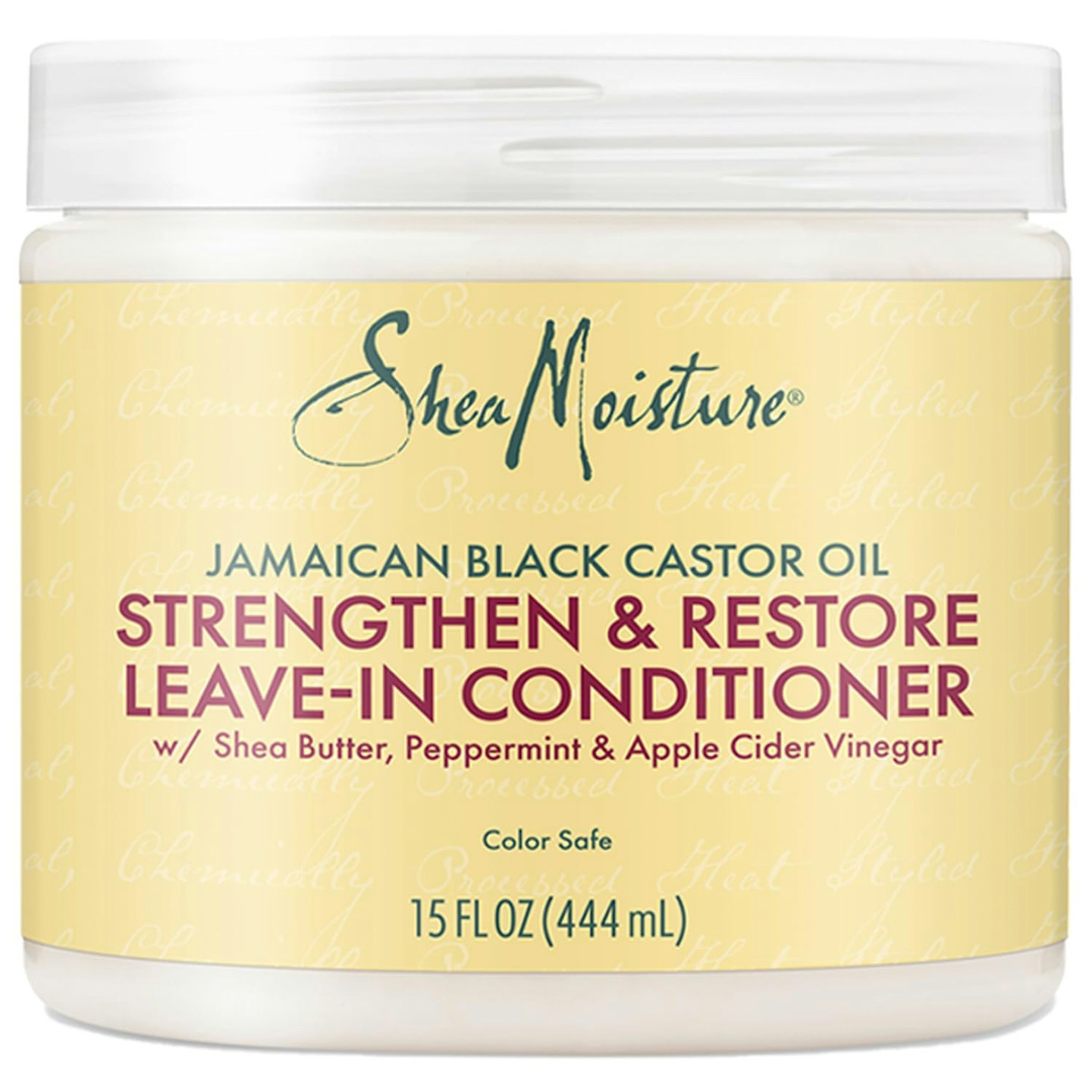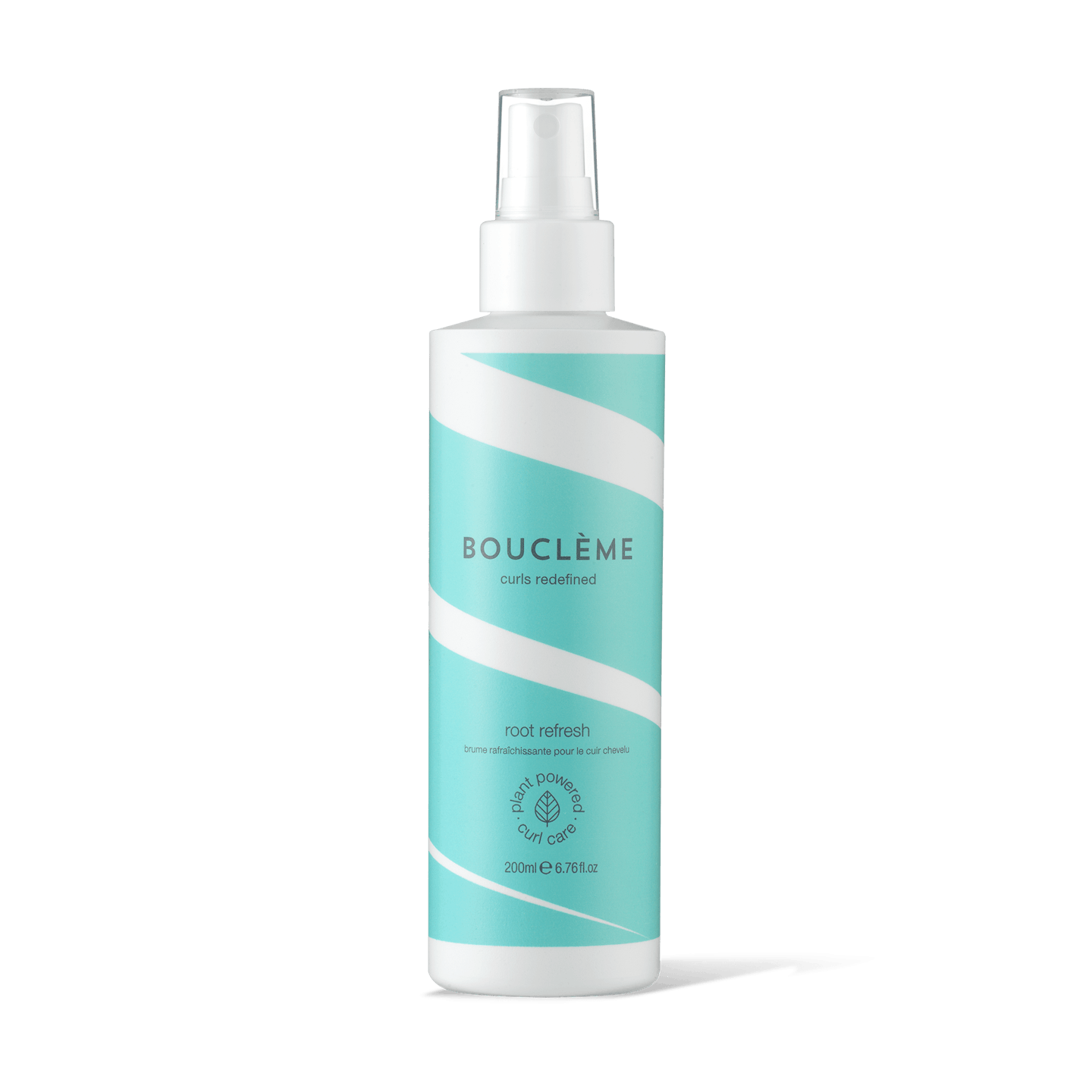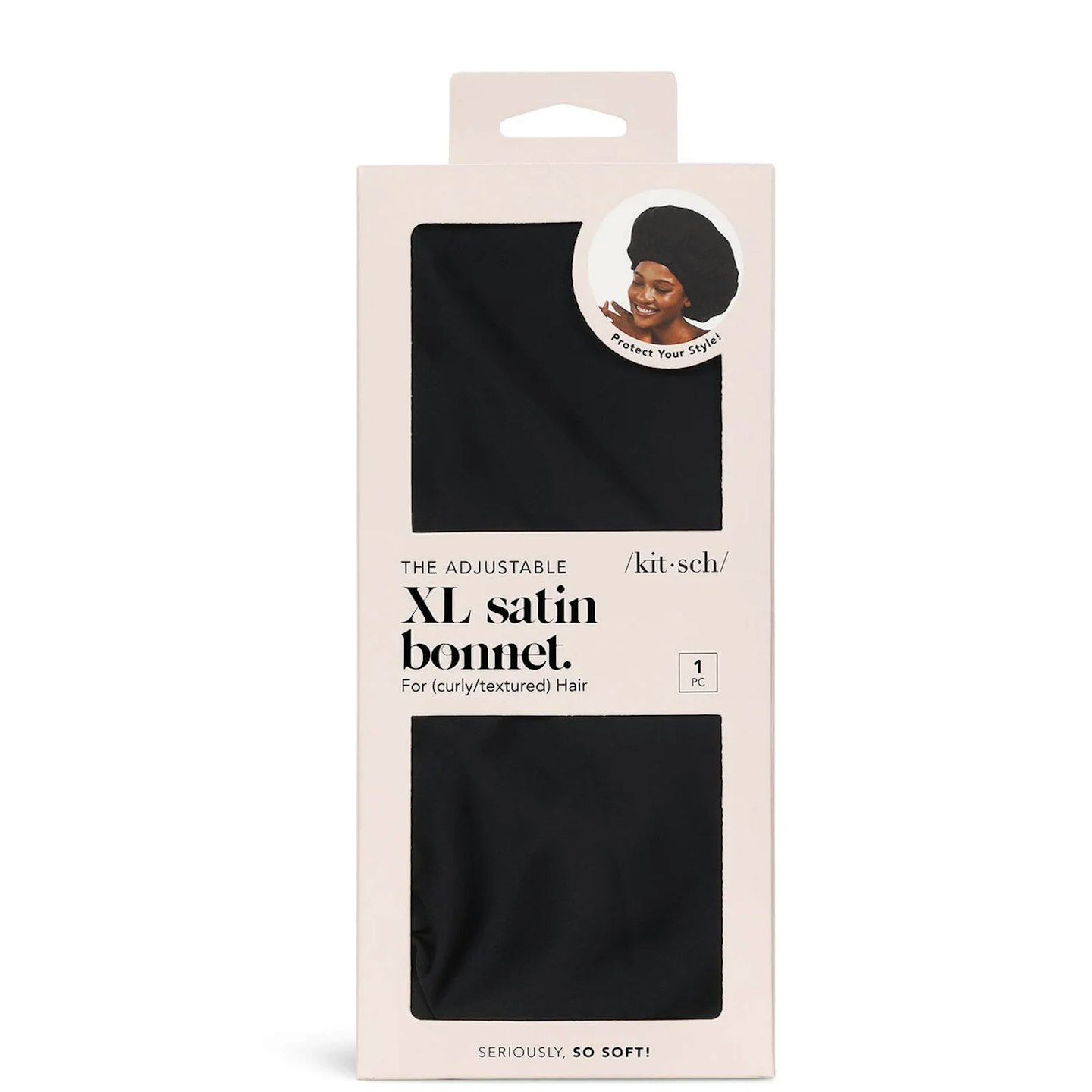From an early age, I was conditioned to believe that the way my natural hair grows out of my scalp was unacceptable. Even in secondary education, a neighbouring school in the federation proposed a ban on Afro hair, sparking outrage and student protests. While the rule was never officially passed, the threat of similar restrictions loomed over our school, manifesting in subtle ways. Tighter controls were placed on the types of braids or styles we could wear.
This discrimination continues today, with incidents like Chikayzea Flanders being forced to cut off his locs, Ruby Williams being sent home for wearing her hair in an Afro, and Josiah Sharpe being excluded from breaktime due to his hairstyle. A 2019 School Surveyconducted by World Afro Day revealed that 24% of adults with Afro-textured hair had negative school experiences relating to their hair and identity, while 68% preferred straight hair as children.
To avoid these challenges later on in life, I've often opted for straighter styles. However, this decision doesn't change the underlying issue.

This is why the work World Afro Day (WAD) is vital. Today, it is campaigning in Parliament to make the UK the first Western nation with a law specifically protecting against Afro hair discrimination. With the support of Paulette Hamilton MP, WAD is urging all MPs to amend the 2010 Equality Act to include Afro hair as a protected characteristic.
Hair discrimination has significant negative impacts on jobs, education, and health. A study of 10,000 Black Britons found that ‘almost all (98%) of those surveyed said that they have compromised self-expression and identity to fit into the workplace – by adapting speech or hairstyles.’
An open letter to the UK Government, signed by 100 influential supporters including Mel B, Fleur East, Zeze Millz and Professor Patrick Vernon OBE, echoes this call for change. The letter is part of WAD's '100 Voices, 100 Words Campaign’, where supporters share their personal experiences and reasons for supporting the law change.
Mel B expressed her own experience on Instagram: ‘My hair has always been a personal statement. I grew up a mixed race girl in working class Leeds in the 1970s. Kids at school had no idea what to call me. I was different. And I had my big wild curly hair that stood out. I got called names. I got singled out. But it was my hair and I wasn't going to change it - for anyone.’
Best said by Michelle De Leo, Founder and CEO of WAD: ‘hair is often dismissed in the dominant group in society as something trivial, a mere 'beauty' issue. These findings confirm that 'hair' is a critically significant issue for Black people and employment.’
By defining Afro hair as a protected characteristic, the UK government can take a crucial step towards dismantling systemic racism. It would ensure that future generations of Black children and adults can embrace their natural selves without fear of discrimination.
Shop: My Favourite Afro Haircare Products

fentybeauty.co.uk
Leave the shower with soft, clean, and defined curls. I love this shampoo because it clarifies my scalp but doesn't strip my natural hair of it's moisture.

www.boots.com
I've been using Shea Moisture since I was a little girl, and have never departed from this leave-in conditioner. It just melts knots out my hair after the shower.

cecred.com
I use this as a heat protectant and just for general styling before I blow dry my hair. The product really locks in moisture and gives the hair some nice hold.

www.boucleme.co.uk
In between washes and especially when I have braids, I reach for the root refresh. It kind of works like dry shampoo, it soothes my scalp and deodorises.

www.lookfantastic.com
To preserve your hairline consider wearing a satin scarf or sleeping on a silk pillow case can significantly reduce breakage. I like this one.
Pros
Renee Washington, Grazia's Digital Fashion and Beauty Assistant, lives online. With a penchant for wispy lashes and streetwear, she writes about the worlds of fashion and beauty from the viewpoint of the modern fashion girlie.
